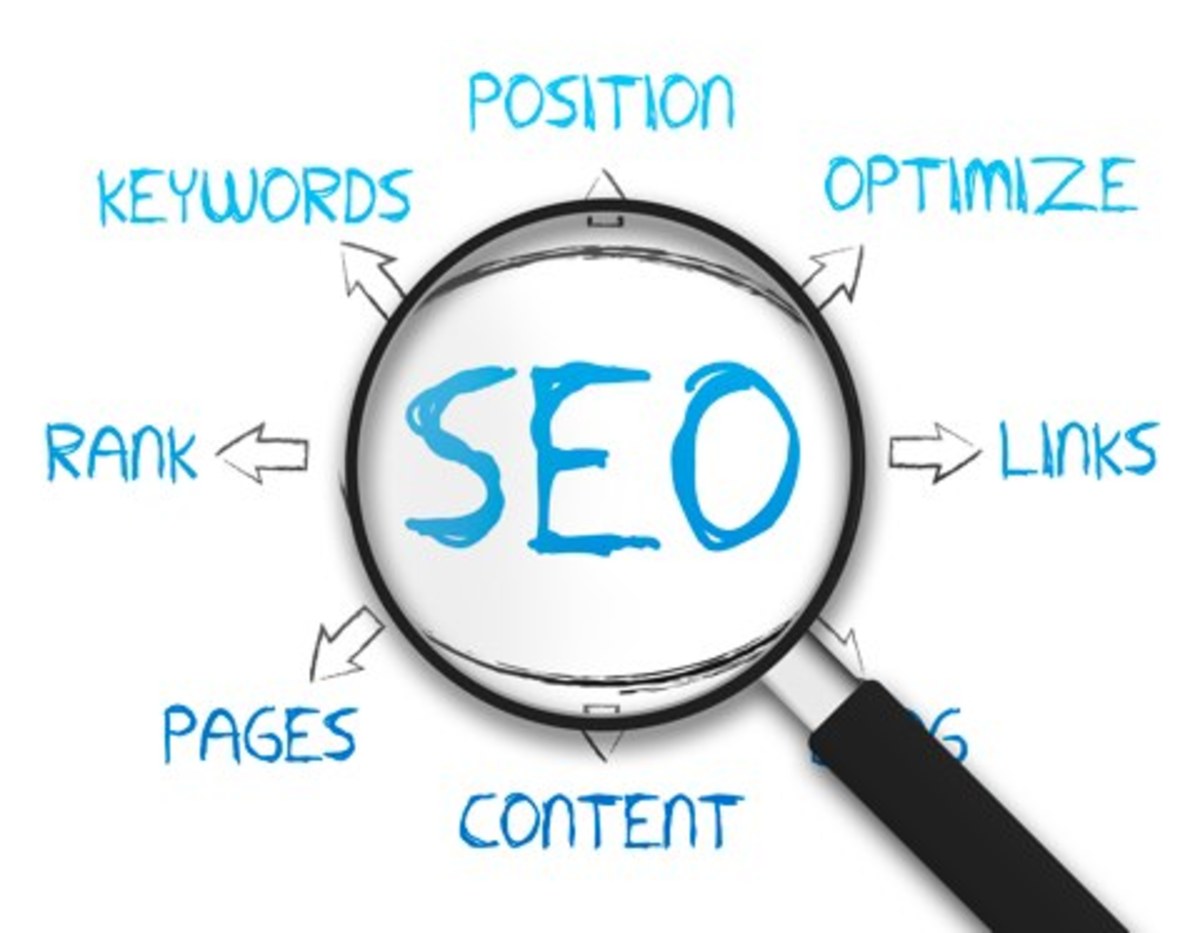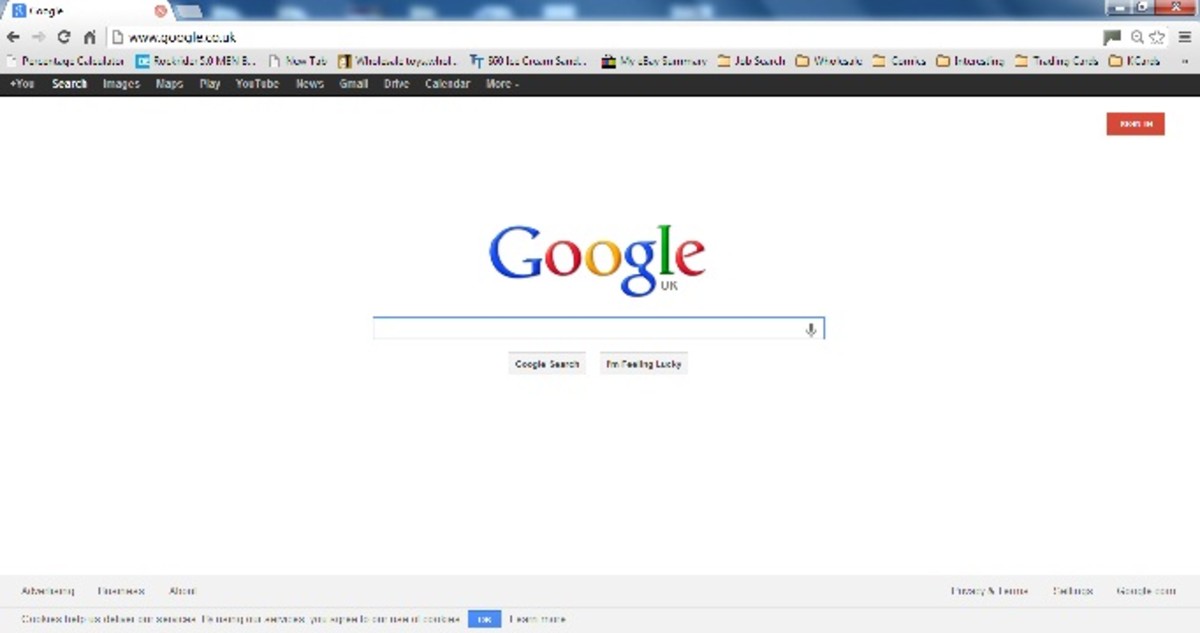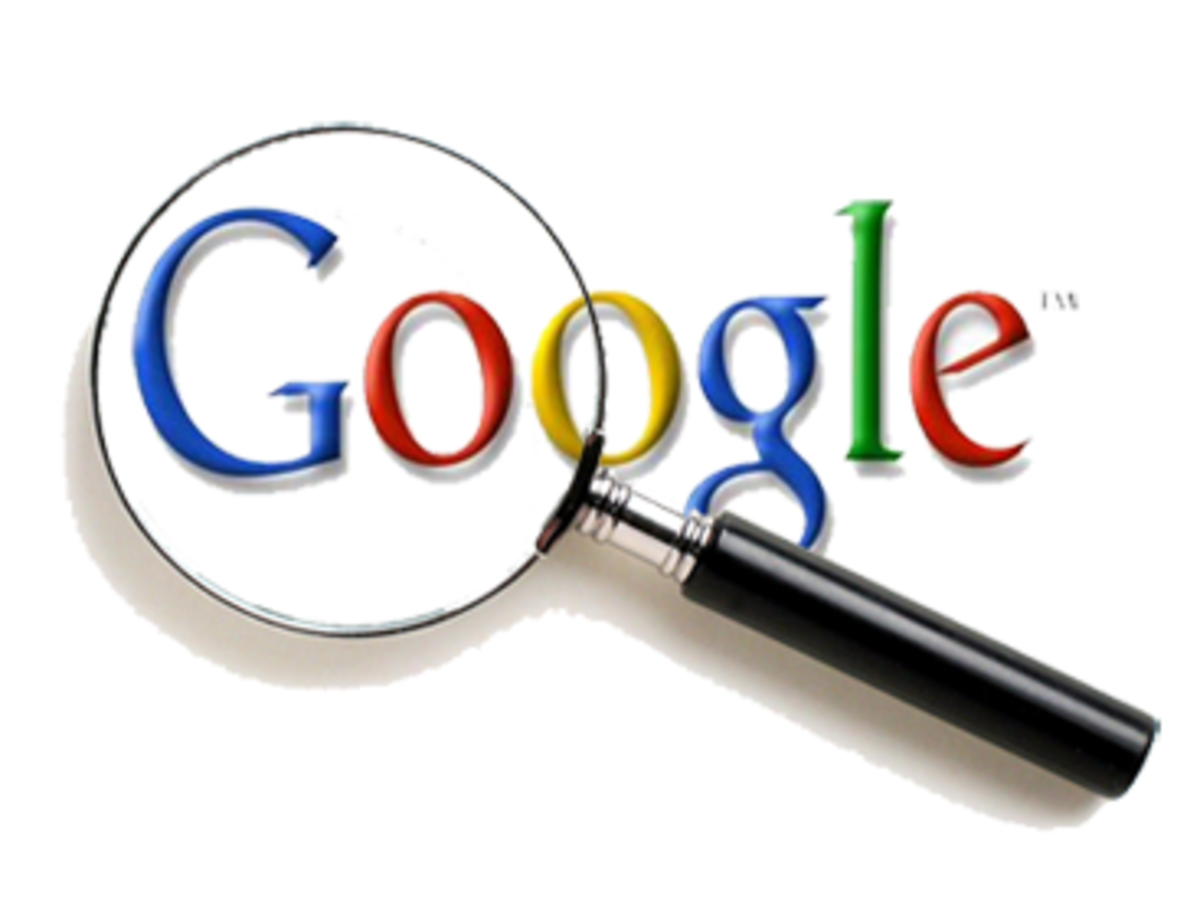Guide to Understanding Page Ranking
SEO made easy for your hubs
Just because your article appears near the top of a search engine results page doesn’t mean it will be clicked on. However, studies show that the top 3 links do usually have 100% click through rate. Therefore, the higher your article appears the more likely someone will click onto that article.
SEO made easy
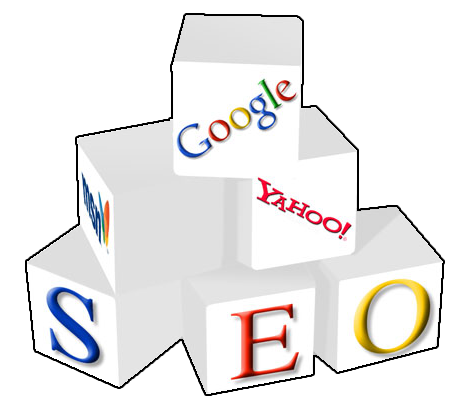
SEO basics
After you publish an article, there are 3 things that need to happen:
- Crawling. Googlebot will “crawl” Web pages to find new and recently updated pages. As it is crawling the Web, Googlebot collects a database of links(new, existing, and dead). Googlebots search is never ending.
- Indexing. Once Googlebots crawl is complete it indexes the information. Every piece of information that was crawled is processed. This includes: incoming links to the page, outgoing links from the page, page attributes(title tags and other content tags) as well as the words of your article and where those words fall on the page.
- Serving. A user will enter a search query, the words used are compared to the big index of info and a list of the most relevant Web pages in the database is compiled and served to the user.
Quality content is key
When we talk about the importance of good content, we are talking about the Headline, Article text, Hyperlinks, and Photo and caption. How you craft your article is also included.
A more accurate way to think about SEO is optimizing your content in a way that increases the odds of getting it in front of more people
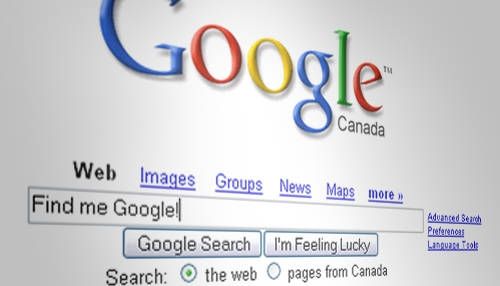
Keywords and Phrases
The best ways to choose good keywords and phrases is to think like your reader. Who will be searching and what words will they use to search with? The art of choosing keywords and phrases just takes a little of your time to think about the common words and phrases people might possibly use to get info about a certain topic. It is a good idea to make note of the words you use when conducting research for your article.
As long as you focus on meeting the needs of your target audience then that will be reflected in your article’s search results page ranking.Keyword Selector Tools
Keyword tools can help you brainstorm keywords and phrases for ideas towards your next article.
Two of the best keyword tools are Adwords by Google and Wordtracker’s free keyword suggestion tool.
Do not overuse keywords to the point that it hurts your content. Always remember, well-written, relevant and timely content is key to good search results rankings. While keywords and phrases can give your article a boost, you must use them with finesse. Too few key phrases and you risk missing out on your target audience. Too many repeated keywords can hurt your ranking.
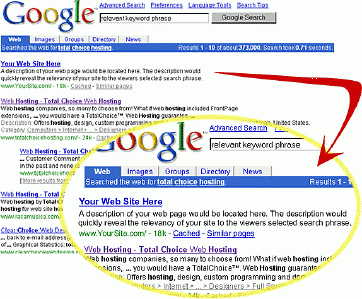
Keyword density and stuffing
Keyword density tools can help in finding different(maybe better) keywords to use. One of the best keyword density checkers can be found at webconfs.com.
Keyword usage
Your title tag is the content you see in you browser’s title bar, but it is also used to tell search engines what a page is about.
The length of your headlines should be limited to 72 characters or less. If you write lengthy headlines they will be truncated on search results pages. When you stay under 72 characters, the entire headline will display in the results.
Use subheads
You want to use subheads to break up your content into easy to read sections. They’re also a good way to use relevant keywords and phrases in your article.
Introductions and conclusions
Search engine crawlers pay close attention to the first and last 50 words of your text than to the entire article. Beginning your article with a well-written, concise introduction that includes a keyword rich headline is the smartest way to boost rankings and gain more click-through.
Secret to Search Engine Success
One of the secrets of good search engine optimization is that your content needs to be popular with your audience before it is popular with a search engine. Therefore, how many links there are to your article page and where those links originate are important in determining page ranking.
Popular pages are popular because the content is so good that people share the link.
Share your article URLs on Facebook, Twitter and in any topic specific online community you frequent. Get the word out because the more links shared means you will see a boost in page rank.



